IBUTILIDE
- CAS NO.:122647-31-8
- Empirical Formula: C20H36N2O3S
- Molecular Weight: 384.58
- MDL number: MFCD00867091
- SAFETY DATA SHEET (SDS)
- Update Date: 2023-07-12 17:06:09
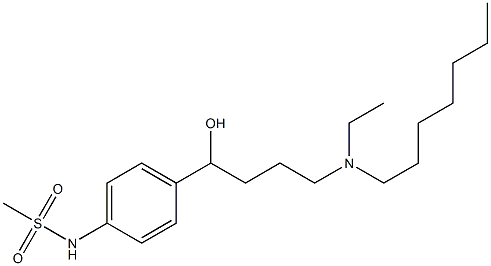
What is IBUTILIDE?
Absorption
Rapid after intravenous injection
Toxicity
Acute overdose in animals results in CNS toxicity; notably, CNS depression, rapid gasping breathing, and convulsions. The intravenous median lethal dose in the rat was more than 50 mg/kg which is, on a mg/m2 basis, at least 250 times the maximum recommended human dose.
The Uses of IBUTILIDE
Cardiac depressant (anti-arrhythmic).
Background
Ibutilide is a Class III antiarrhythmic agent available in intravenous formulations. It is indicated for the conversion of acute atrial flutter and recent onset atrial fibrillation to normal sinus rhythm (NSR).
Indications
Indicated for the rapid conversion of atrial fibrillation or atrial flutter of recent onset to sinus rhythm.
Pharmacokinetics
Ibutilide prolongs the action potential duration and increases both atrial and ventricular refractoriness in vivo, i.e., class III electrophysiologic effects. Voltage clamp studies indicate that ibutilide, at nanomolar concentrations, delays repolarization by activation of a slow, inward current (predominantly sodium), rather than by blocking outward potassium currents, which is the mechanism by which most other class III antiarrhythmics act.
Metabolism
Primarily hepatic. Eight metabolites of ibutilide were detected in metabolic profiling of urine. These metabolites are thought to be formed primarily by o-oxidation followed by sequential b-oxidation of the heptyl side chain of ibutilide. Of the eight metabolites, only the o-hydroxy metabolite possesses class III electrophysiologic properties similar to that of ibutilide in an in vitro isolated rabbit myocardium model.
Safety information for IBUTILIDE
Abamectin manufacturer
Sai Life Sciences Ltd
New Products
3-N-BOC-(S)-AMINO BUTYRONITRILE 4-Piperidinopiperidine 2-Methyl-4-nitrobenzoic acid 2-(4-bromophenyl)-2-methylpropanoic acid 4-Acetyl-2-methylbenzoicacid Acetyl-meldrum's acid Ethyl-4-Pyrazole carboxylate 2,6 Di acetylpyridine 2,6-Pyridinedimethanol 5,7-Dichloro-3H-Imidazo[4,5-B]Pyridine 5-Bromo-2-Methoxy-4-Methyl-3-Nitropyridine 2-Fluoro-5-Iodopyridine 2-Fluoro-5-Methylpyridine 2-Chloro-3-Bromo-5-Amiopyridine METHYL-4-(BUTYRYLAMINO)3-METHYL-5-NITROBENZOATE TRANS-CYCLOBUTANE-1,2- DICARBOXYLIC ACID 5-Nitro indazole R-(-)-5-(2-AMINO-PROPYL)-2-METHOXY-BENZENESULFONAMIDE 1,3-cyclohexanedione 4-Aminophenaethylalchol (S)-(+)-4-BENZYL-2-OXAZOLIDINONE 3-NITRO-5-ACETYL IMINODIBENZYL 4-FLUORO PHENYL MAGNESIUM BROMIDE 1.0 M IN THF 1-HYDROXY-4-METHYL6-(2,4,4-TRI METHYL PHENYL)-2-PYRIDONE MONO ETHANOL AMINE(PIROCTONE OLAMINE)Related products of tetrahydrofuran

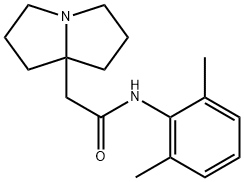

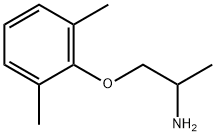
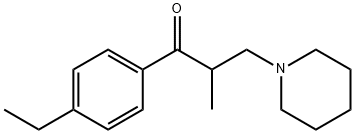
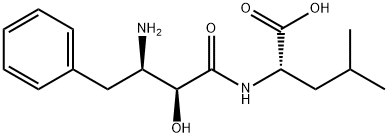
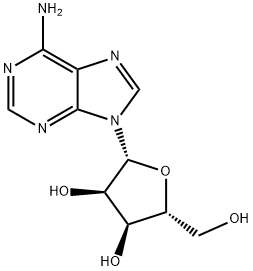
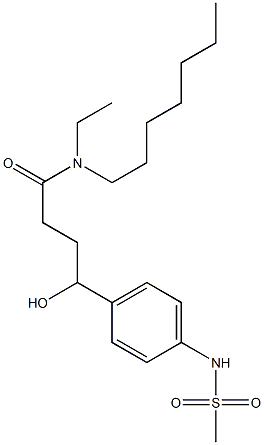
You may like
-
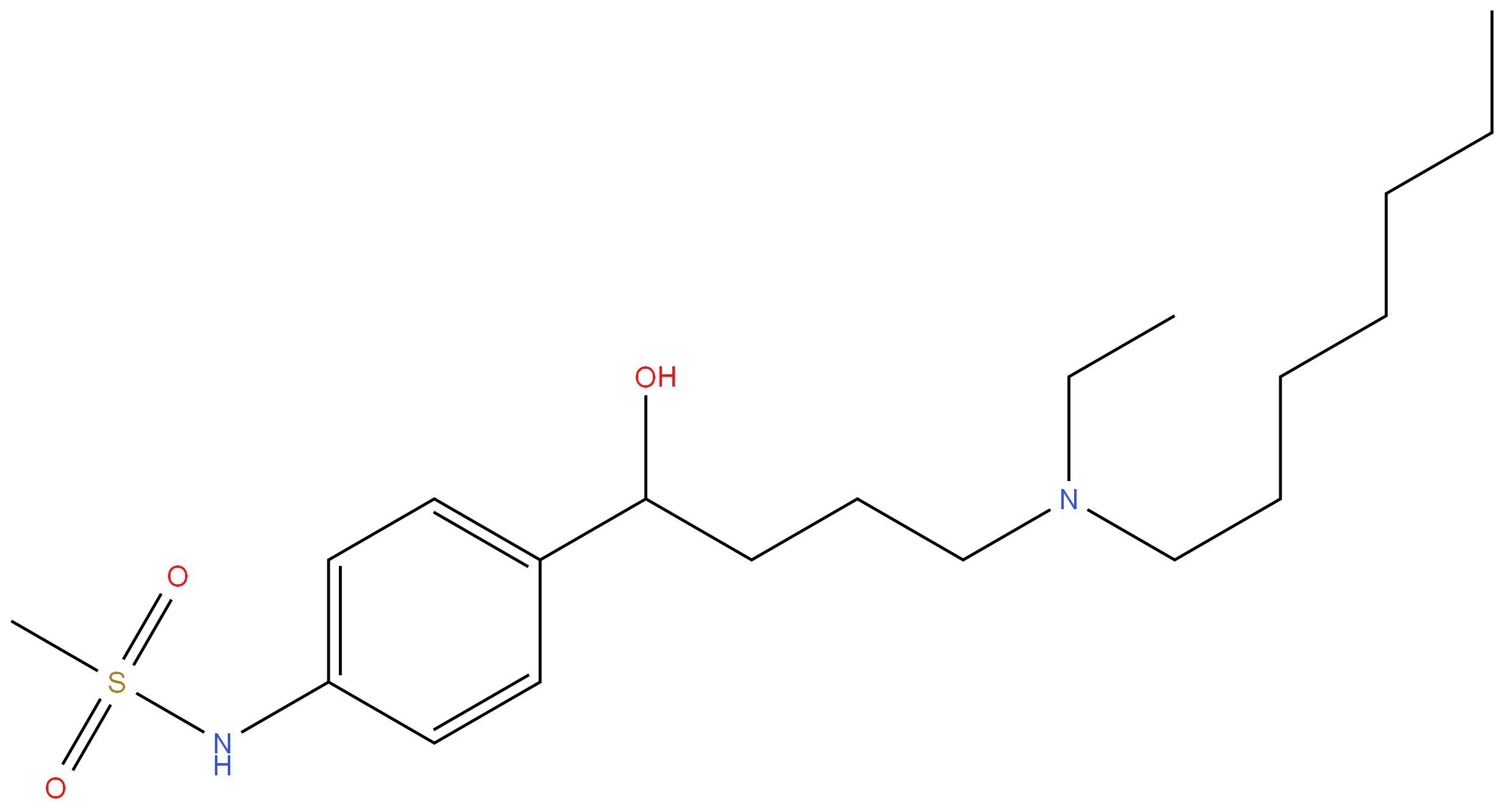 122647-31-8 Ibutilide 98%View Details
122647-31-8 Ibutilide 98%View Details
122647-31-8 -
 2,3 Dichloro-4-Hydroxy Aniline 39183-17-0 99%View Details
2,3 Dichloro-4-Hydroxy Aniline 39183-17-0 99%View Details
39183-17-0 -
 17673-56-2 99%View Details
17673-56-2 99%View Details
17673-56-2 -
 13463-67-7 Titanium Dioxide 99%View Details
13463-67-7 Titanium Dioxide 99%View Details
13463-67-7 -
 143-07-7 99%View Details
143-07-7 99%View Details
143-07-7 -
 Ethanolamine 141-43-5 99%View Details
Ethanolamine 141-43-5 99%View Details
141-43-5 -
 20776-67-4 99%View Details
20776-67-4 99%View Details
20776-67-4 -
 acid blue 113, acid navy blue , wool navy blue 0View Details
acid blue 113, acid navy blue , wool navy blue 0View Details
3351-05-1